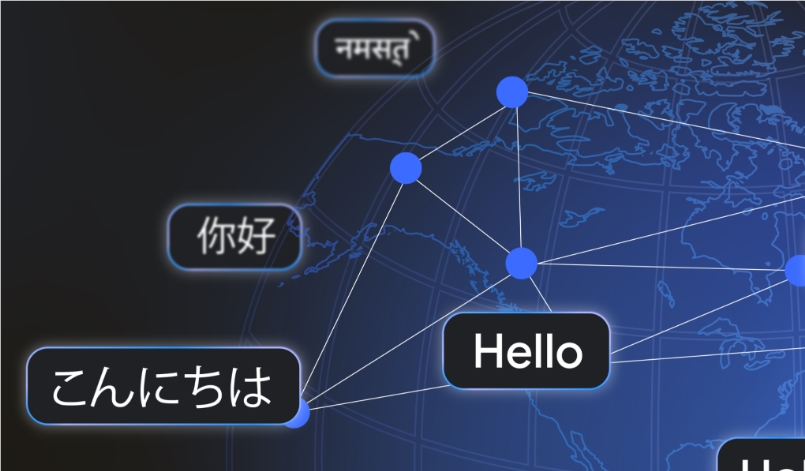Google released a new Japanese version of the Gemma model at the Gemma Developer Day in Tokyo. This AI model with only 2 billion parameters shows performance comparable to GPT-3.5. This technological breakthrough overcomes the “catastrophic forgetting” problem of small models when learning new languages, achieving a perfect balance between Japanese and English bilingual abilities.
This technological breakthrough is particularly eye-catching. In the field of AI, small models often face the challenge of "catastrophic forgetting" when learning new languages - that is, losing their previous mastery capabilities in the process of acquiring new knowledge. However, the Japanese version of Gemma successfully overcomes this problem and achieves a perfect balance of bilingual skills.

To promote participation of the global developer community, Google not only opens model weights through the Kaggle and Hugging Face platforms, but also provides complete training materials and sample code. Thanks to its streamlined design, the model can even run locally on mobile devices, opening up new possibilities for edge computing applications.
Google also launched a "Gemma Global Communication Unlock" competition worth up to $150,000, encouraging developers to adapt Gemma to more languages. Currently, adaptation projects for Arabic, Vietnamese and Zulu are launched. Meanwhile, India's "Navarasa" project is working to support 12 Indian languages, and another team is exploring the optimization of Korean dialects.
As the latest member of Google's Gemma2 series open sourced at the end of July, this model adheres to the design concept of "making big with small profits". Like similar products launched by companies such as Meta, it focuses on efficiency and localized processing capabilities. It is worth mentioning that this 2 billion parameter model performs even better than the LLaMA-2 with 70 billion parameters in some tasks.
Developers and researchers can access Gemma-2-2B and other Gemma series models for free through multiple platforms such as Hugging Face, Google AI Studio and Google Colab. These models have also been launched in the Vertex AI model market. This series of measures will bring more innovative possibilities to AI developers around the world.
This release from Google not only demonstrates its leading position in AI technology, but also provides more innovative possibilities for global developers.